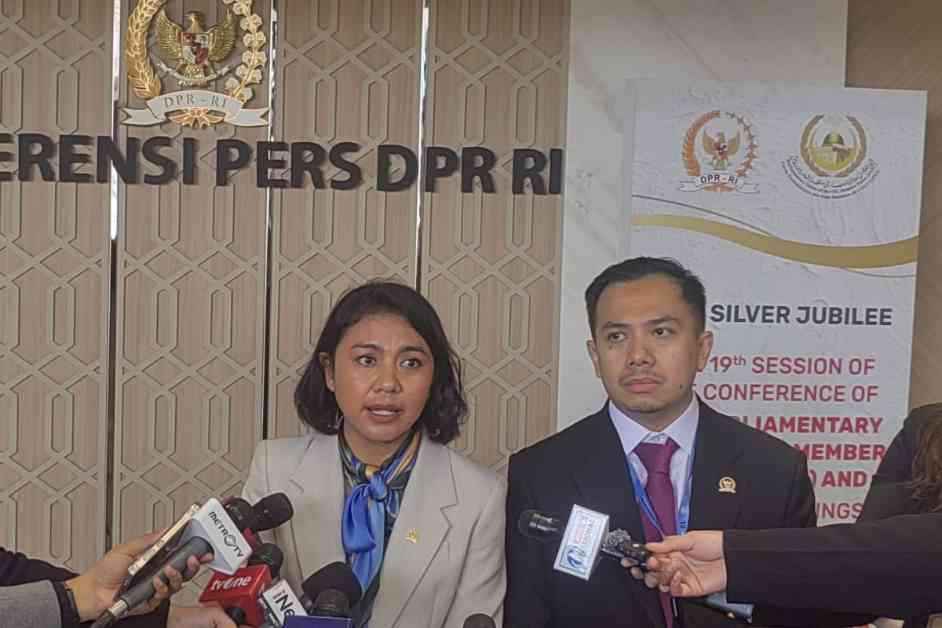The 19th Conference of the Parliamentary Union of the OIC Member States (PUIC) is all about pushing for more opportunities for women to get involved in public decision-making processes, as per the House of Representatives (DPR). Irine Yusiana Roba Putri, the deputy chair of the DPR’s Inter-Parliamentary Cooperation Agency (BKSAP), mentioned that at this gathering of Muslim women, they are working on ways to open up more avenues for women to participate in public decision-making. The conference, focusing on “Good Governance and Strong Institutions as Pillars of Resilience,” took place in the parliament building in Senayan, Jakarta, from May 12 to 15, 2025, bringing together around 450 parliamentary delegates from 38 OIC member countries along with 10 observer nations.
During one of the conference forums, the topic of women’s participation was brought up, shedding light on the challenges faced by women legislators worldwide. Putri talked about the varying progress made by different countries in empowering women, signaling that while some are moving forward, others seem to be stuck in their efforts. She highlighted the concerning data from the Commission on the Status of Women (CSW), suggesting a slowdown in the global women’s empowerment movement. With this year marking the 30th anniversary of the Beijing Platform for Action and the fifth Sustainable Development Goal (SDG) aiming to eradicate all forms of discrimination against women and girls by 2030, the lack of significant progress in this area is definitely an issue that needs attention.
Mardani Ali Sera, the chair of BKSAP, emphasized the importance of youth and female involvement in legislative affairs, pointing out that the Indonesian parliament is currently led by a woman, House Speaker Puan Maharani. This membership structure serves as an example of inclusivity and diversity in decision-making processes. As the PUIC conference coincides with the silver jubilee of its founding in 1999, the discussions and initiatives surrounding women’s participation are crucial in advancing towards more equitable and representative governance on a global scale.






















